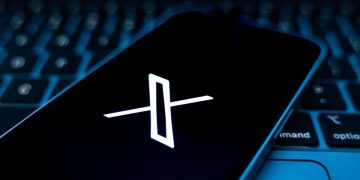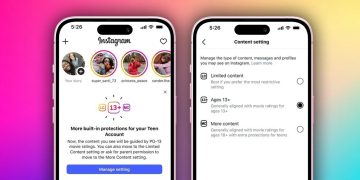Apple is set to unveil new iPhones on Tuesday, but analysts say the company’s biggest challenge will be navigating another muted launch while rivals outpace it in artificial intelligence.
The main draw this year could be a rumored “iPhone Air” — a slimmer model named after the MacBook Air. Apple would need to balance battery and camera performance in the thinner device and price it between the base iPhone 17 models and the higher-end Pro lineup to attract buyers.
“It’s been a while since we have seen any meaningful update to the form factor of the device beyond tepid incremental changes, and the novelty of the Air will likely induce many 14, 15 and even 16 iPhone users to migrate up,” said Dipanjan Chatterjee, vice president at Forrester.
The new device could also set the stage for future innovations, including a foldable iPhone and an upgraded Siri. Those features are not expected until next year, analysts said.
Samsung is already on its seventh generation of foldables and Google on its third. Still, foldable devices account for less than 2% of phone sales and may not surpass 5% “anytime soon,” Chatterjee estimated. In China, however, where foldables are popular, analysts say Apple risks losing further market share without a similar product.
Nearly a quarter of Apple’s revenue comes from mid-tier iPhone models, according to Gene Munster, managing partner at Deepwater Asset Management. He expects Apple to find subtle ways to raise prices across the lineup, possibly by charging more for higher storage. “They have rising costs, and they have been loyal to growing margins, and to do that, you have to find some method,” Munster said.
Apple originally planned to update Siri last spring but delayed the rollout due to engineering setbacks. Instead, it leaned on a partnership with ChatGPT-maker OpenAI to power some new AI features. Reports also suggest Apple is in early talks to use Google’s Gemini AI to revamp Siri.
Ben Bajarin, CEO of Creative Strategies, said Apple may highlight improved AI processing in its next Apple Silicon chips. That capability could eventually support a more autonomous Siri that runs tasks in the background without draining battery life.
Bob O’Donnell, president at TECHnalysis Research, said Apple has only months, not years, to catch up on AI. “They have a huge share in the U.S., and most people are perfectly content. But by this time next year, if Siri still sucks, and if they don’t get the foldable out, I don’t know” whether that contentment will continue, he said.
























































